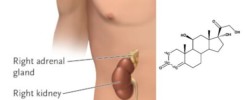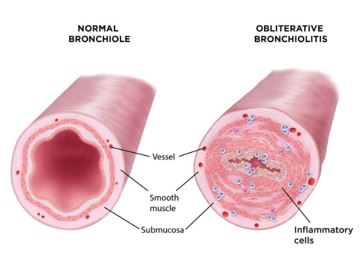Vaping – Are there health risks?
Previous articleHow chronic stress can impact your health Next article Lion's Mane mushrooms shown to have extraordinary health benefits
Next article Lion's Mane mushrooms shown to have extraordinary health benefits
 Next article Lion's Mane mushrooms shown to have extraordinary health benefits
Next article Lion's Mane mushrooms shown to have extraordinary health benefits

Am throwing my vaping pipe away